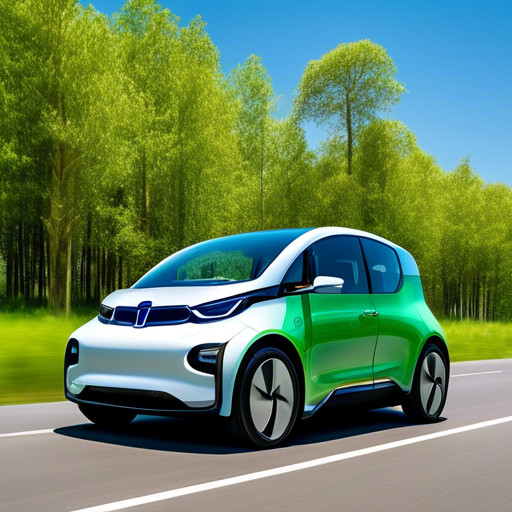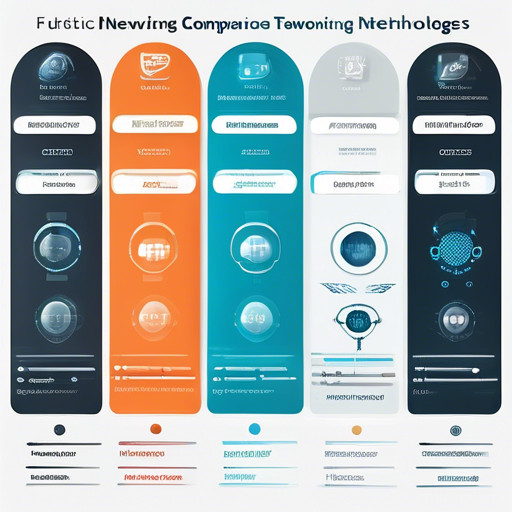
As the world shifts towards sustainable transportation, electric vehicles (EVs) have emerged as a pivotal solution in reducing carbon emissions and promoting eco-friendly practices. With advancements in battery technology and charging infrastructure, EVs offer a cleaner alternative to traditional gasoline-powered cars. The benefits of electric vehicles extend beyond environmental impact, encompassing lower operating costs, reduced maintenance, and enhanced driving experiences. Moreover, government incentives and a growing network of charging stations make the transition to electric mobility more accessible than ever. This exploration delves into the myriad advantages that electric vehicles present, highlighting their role in shaping a greener future.
When comparing electric vehicles to their internal combustion engine counterparts, the advantages become increasingly apparent. EVs typically boast superior energy efficiency, converting a higher percentage of electrical energy from the grid to power at the wheels, unlike conventional vehicles that waste much of their fuel energy. Additionally, the quiet operation of electric motors contributes to reduced noise pollution, enhancing urban living conditions. The regenerative braking systems found in many electric models not only improve energy conservation but also extend the lifespan of brake components, leading to lower maintenance costs. Ultimately, the transition to electric vehicles represents a significant step towards a more sustainable and efficient transportation landscape.Sure! Please provide the text you would like me to use for creating the subheadings and content.
| Advantage | Description | Comparison with Traditional Vehicles |
|---|---|---|
| Environmental Benefits | Electric vehicles (EVs) produce zero tailpipe emissions, reducing air pollution and greenhouse gas emissions. | Traditional vehicles emit carbon dioxide and other pollutants, contributing to climate change and poor air quality. |
| Cost Savings | EVs typically have lower operating costs due to cheaper electricity compared to gasoline and fewer maintenance needs. | Traditional vehicles incur higher fuel costs and require more frequent maintenance, leading to higher overall expenses. |
| Performance | Electric motors provide instant torque, resulting in quick acceleration and a smooth driving experience. | Internal combustion engines may take time to reach peak power, leading to a less responsive driving experience. |
| Energy Independence | Using electricity as a fuel source can reduce dependence on imported oil and enhance energy security. | Traditional vehicles rely heavily on fossil fuels, which can be subject to price volatility and supply issues. |
| Incentives and Rebates | Many governments offer tax credits, rebates, and incentives to encourage the adoption of electric vehicles. | Traditional vehicles often do not receive similar financial incentives, making EVs more attractive financially. |
In summary, electric vehicles present numerous advantages over traditional vehicles, particularly in terms of environmental impact, cost efficiency, and performance. While EVs contribute to a cleaner environment by eliminating tailpipe emissions, they also offer significant savings on fuel and maintenance costs. The instant torque provided by electric motors enhances the driving experience, making EVs more responsive. Furthermore, the shift towards electric vehicles promotes energy independence, reducing reliance on fossil fuels. With various government incentives available, the financial appeal of electric vehicles continues to grow, making them a compelling choice for consumers compared to their traditional counterparts.







